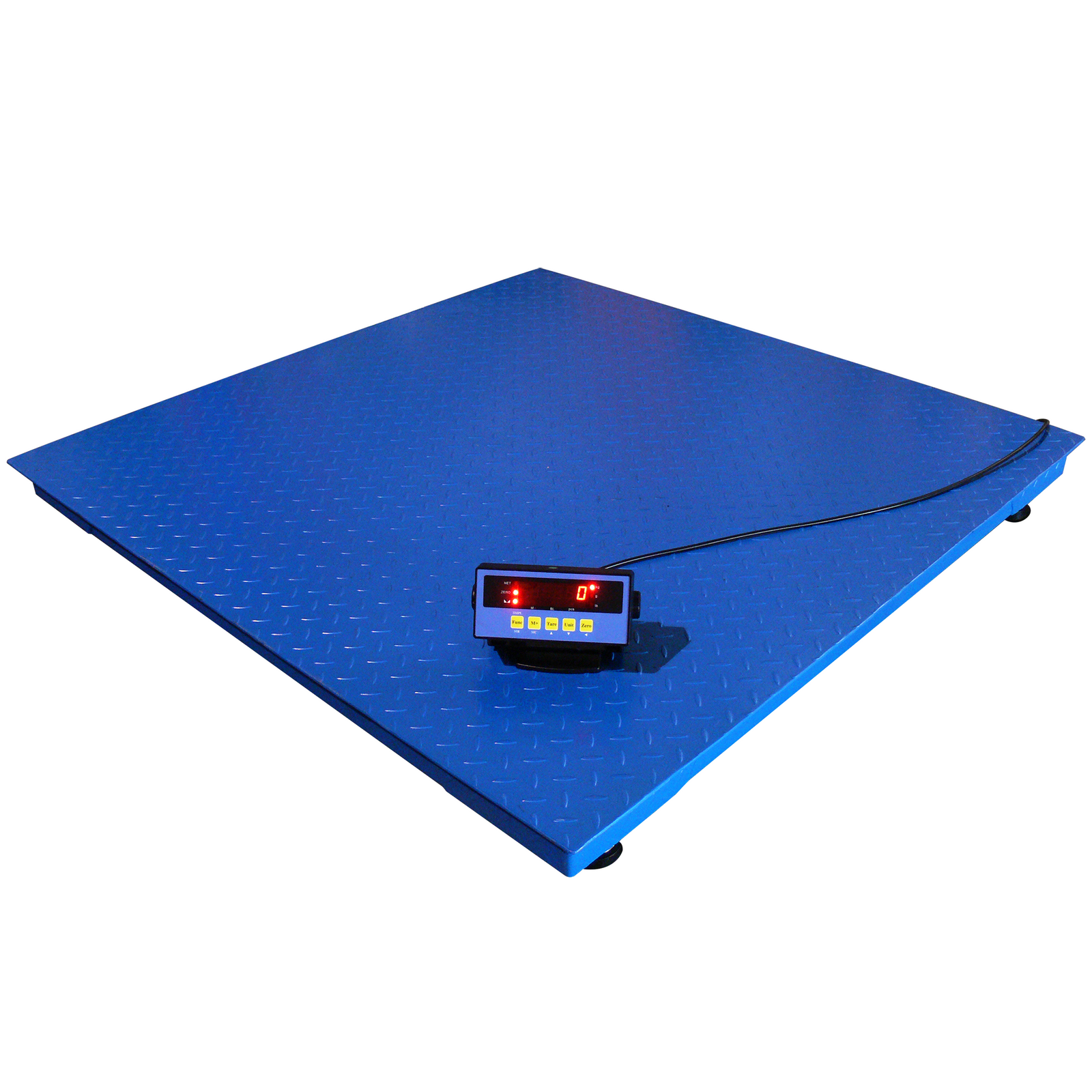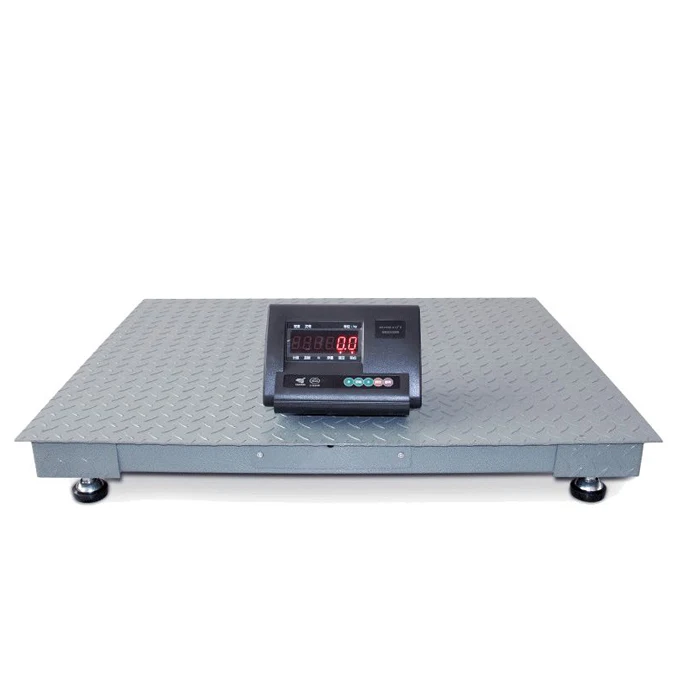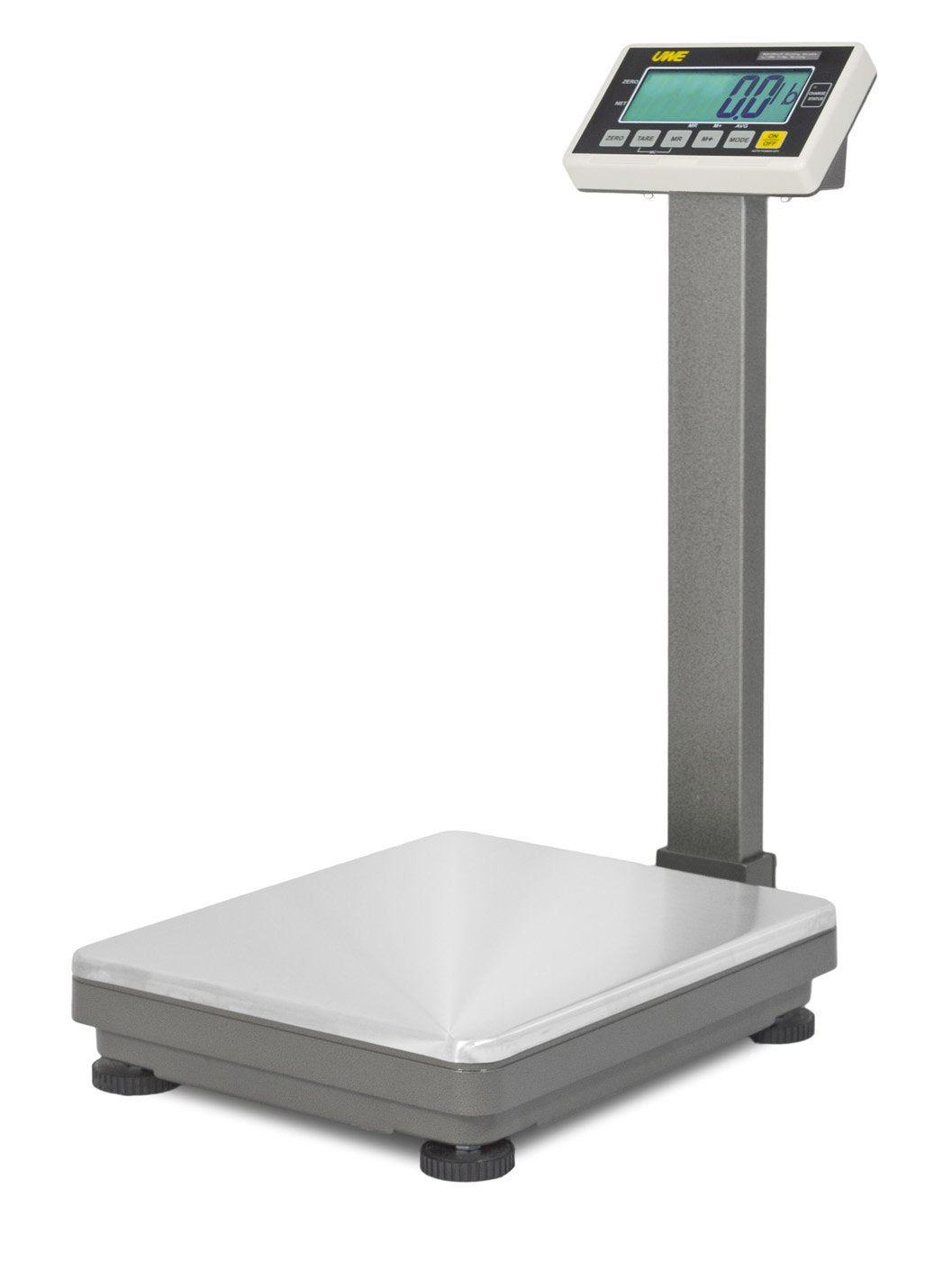
Leading Functions to Try To Find in High-Quality Industrial Scales
In the world of commercial procedures, choosing the right scale is vital for making certain efficiency and precision. Trick features such as precision and accuracy, along with longevity and develop high quality, play a considerable function in identifying the viability of a scale for particular applications.
Accuracy and Precision
Making sure the accuracy and precision of industrial scales is paramount for reliable operations across numerous sectors. Exact measurements are essential in sectors such as manufacturing, logistics, and food processing, where also small disparities can result in substantial monetary losses, endangered product high quality, or governing non-compliance. Premium commercial scales are developed to supply reputable efficiency, utilizing sophisticated modern technology to ensure exact weight analyses.
The calibration process is necessary in keeping the accuracy of these ranges. Normal calibration versus certified recommendation weights ensures that any type of drift in dimension is dealt with, thus maintaining conformity with industry standards. Additionally, using high-resolution lots cells enhances the scale's capability to detect minute weight changes, additionally boosting its precision.

Toughness and Construct Quality
Resilience and build top quality are important elements that identify the longevity and integrity of industrial ranges sought after environments. Industrial scales are usually subjected to extreme conditions, consisting of exposure to dirt, wetness, and hefty loads. The materials utilized in their construction play a vital duty in ensuring they can endure these obstacles.
Top notch commercial scales normally include durable real estates made from products such as stainless steel or light weight aluminum, which not just give structural honesty however likewise stand up to deterioration and wear. Additionally, attention to information in the design, such as enhanced edges and shock-absorbent feet, can improve durability and shield delicate components from damage.
In addition, top-quality elements, consisting of tons cells and electronic components, add to the overall construct high quality. These parts need to be made to endure temperature level changes and vibrations generally located in industrial settings. Guaranteeing correct access protection (IP ranking) is also important, as it shows the range's capability to endure dust and fluid exposure.
Inevitably, choosing industrial ranges with remarkable resilience and build high quality will certainly lead to a more trusted, resilient service that meets the rigorous demands of numerous commercial applications.
Tons Ability and Array
When selecting commercial scales, comprehending their tons capability and array is vital for conference specific operational requirements. Lots ability refers to the maximum weight that a scale can properly gauge, while the range indicates the spectrum of weights the range can take care of effectively. It is important to select a range that not just meets current demands however additionally suits potential future demands.
Different markets have one-of-a-kind weight measurement needs. For example, a production center might call for scales efficient in evaluating heavy equipment parts, while a laboratory might just require ranges for lighter products. Choosing a range with a proper tons capability makes sure accuracy and precision, preventing straining that can lead to equipment damages or inaccurate readings.
Furthermore, it is essential to think about the step-by-step level of sensitivity of the range within its array. A range that can determine both light and hefty weights properly can boost operational efficiency, allowing for flexible applications. Buying find out here now scales with ideal lots ability and range considerably adds to productivity, conformity with market standards, and total operational reliability. Complete evaluation of these requirements is crucial prior to procurement.
Convenience of Use and Maintenance

In enhancement to user-friendliness, convenience of maintenance is an additional critical facet to think about. Scales that are made with obtainable elements help with routine maintenance jobs such as cleaning, battery, and calibration substitute. A modular design can additionally streamline these procedures, enabling quick fixings and minimal downtime.
In addition, the materials utilized in the additional hints building of commercial scales play a substantial role in upkeep. Ranges made from long lasting, corrosion-resistant products are simpler to tidy and less vulnerable to damages, which extends their life expectancy and reduces general functional prices.
Regular maintenance routines, led by the producer's referrals, are important for making certain optimal performance. By prioritizing simplicity of usage and upkeep, services can ensure that their industrial scales continue to be reliable, trustworthy, and effective devices in their procedures. This results in enhanced efficiency and a much more effective operations.
Connectivity and Integration Choices
Incorporating commercial ranges into existing operational frameworks is considerably boosted by robust connection options. Premium industrial ranges must use numerous connection methods, consisting of USB, Ethernet, and cordless alternatives such as Wi-Fi or Bluetooth. These features promote seamless information transfer to main databases, ERP systems, or cloud platforms, enabling real-time surveillance and coverage.
In addition, progressed assimilation choices enable compatibility with existing equipment, such as printers or barcode scanners, boosting and enhancing procedures workflow efficiency. Scales that sustain industry-standard protocols, such as Modbus or RS-232, can easily connect with numerous tools and systems, ensuring a natural functional setting.
Another essential facet is the capability to incorporate with software program options that evaluate and visualize data - Industrial Scales. Ranges equipped with APIs or software program development packages (SDKs) supply companies the versatility to customize capabilities tailored to their specific demands
Finally, considering future scalability is crucial; picking my company ranges that can adapt to evolving technical improvements guarantees long-lasting value and decreases the need for costly replacements. In recap, examining connection and combination alternatives is essential when choosing high-quality industrial ranges that will enhance operational effectiveness and information monitoring.
Conclusion
In verdict, choosing premium industrial scales necessitates careful consideration of several crucial features. Industrial Scales. Prioritizing these features inevitably leads to enhanced productivity and long-lasting worth in industrial applications, enhancing the relevance of notified decision-making in scale option.
In the world of industrial procedures, choosing the right scale is critical for making certain performance and precision.Ensuring the precision and precision of industrial scales is extremely important for reliable operations across various sectors. Lots ability refers to the maximum weight that a scale can properly gauge, while the array suggests the spectrum of weights the scale can deal with successfully. A manufacturing facility might require ranges qualified of evaluating heavy equipment components, while a research laboratory might just require scales for lighter materials. By focusing on ease of use and upkeep, companies can make sure that their commercial scales stay reliable, trustworthy, and reliable tools in their operations.